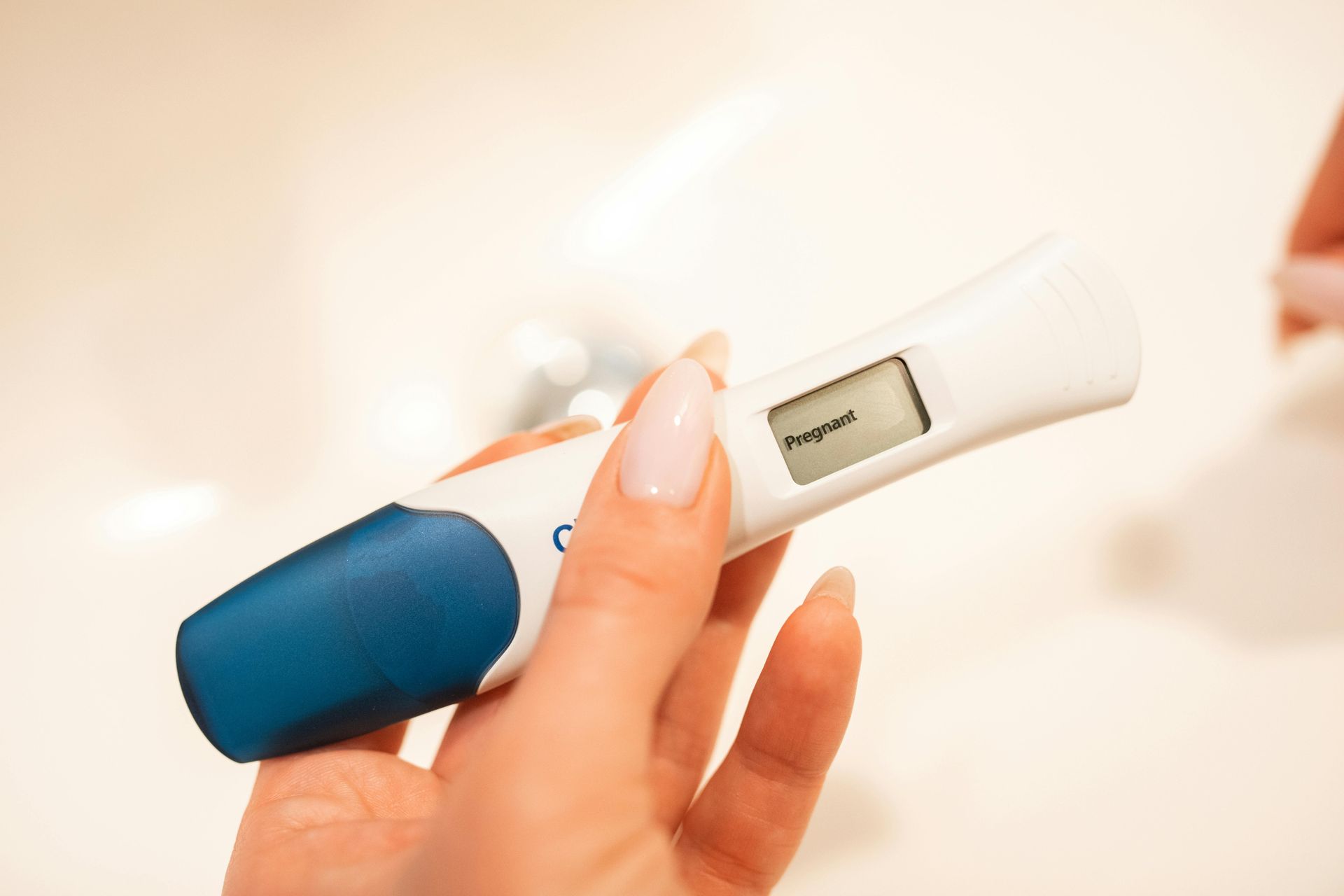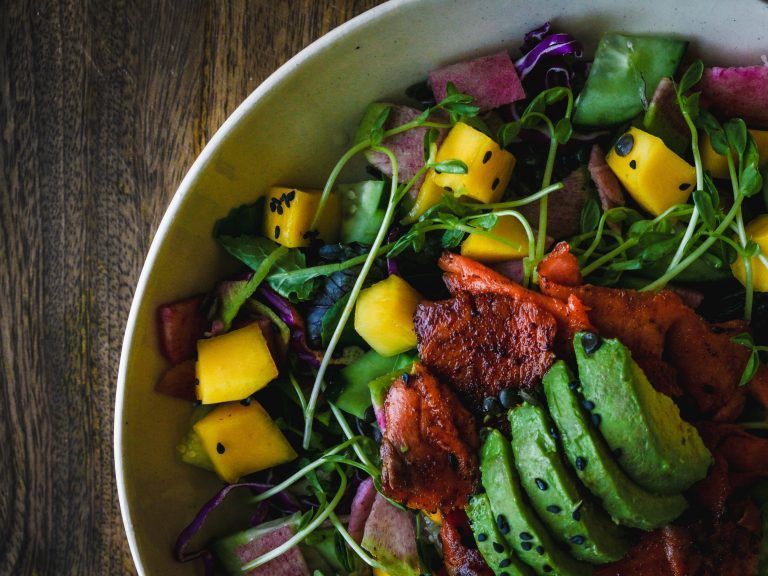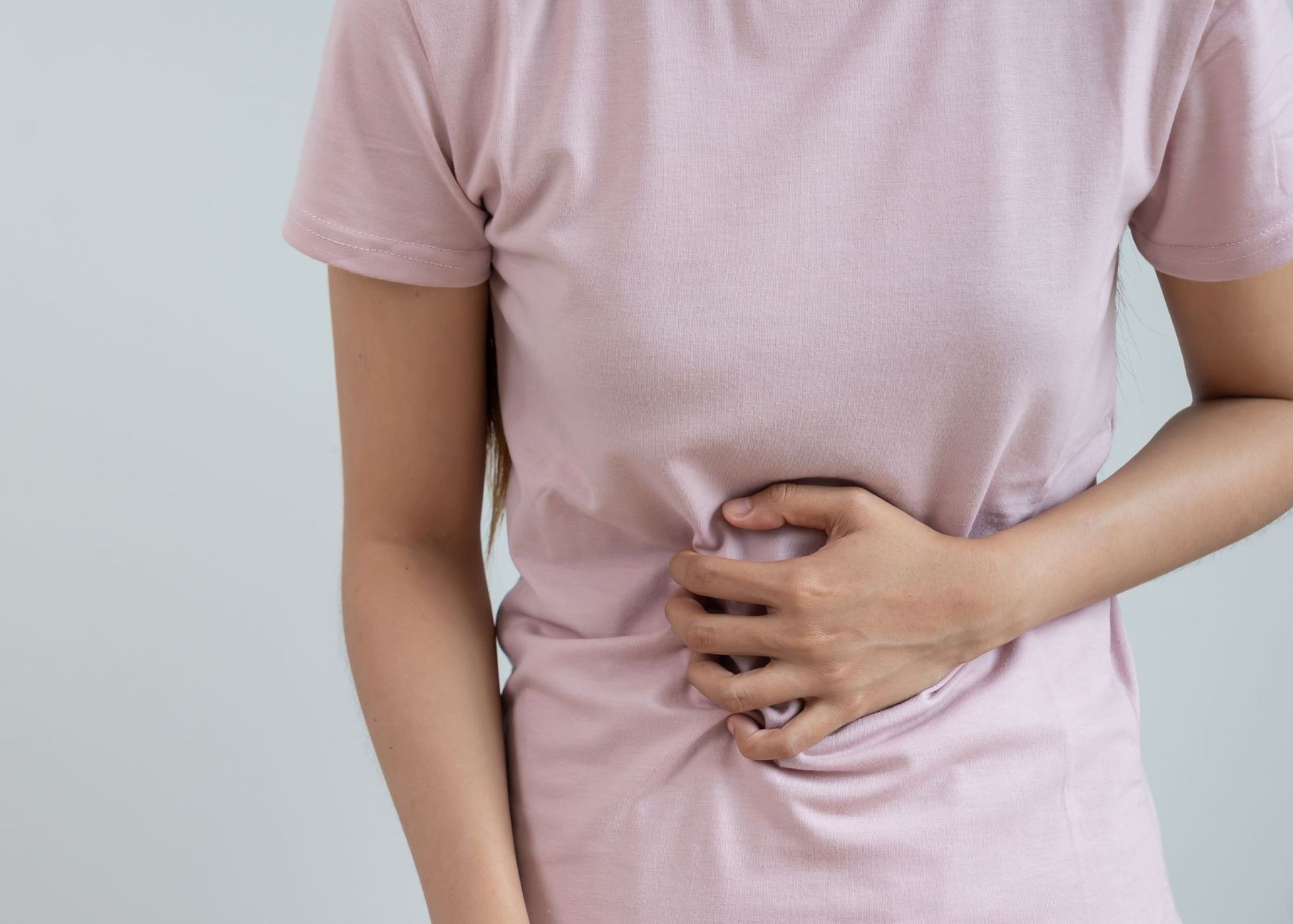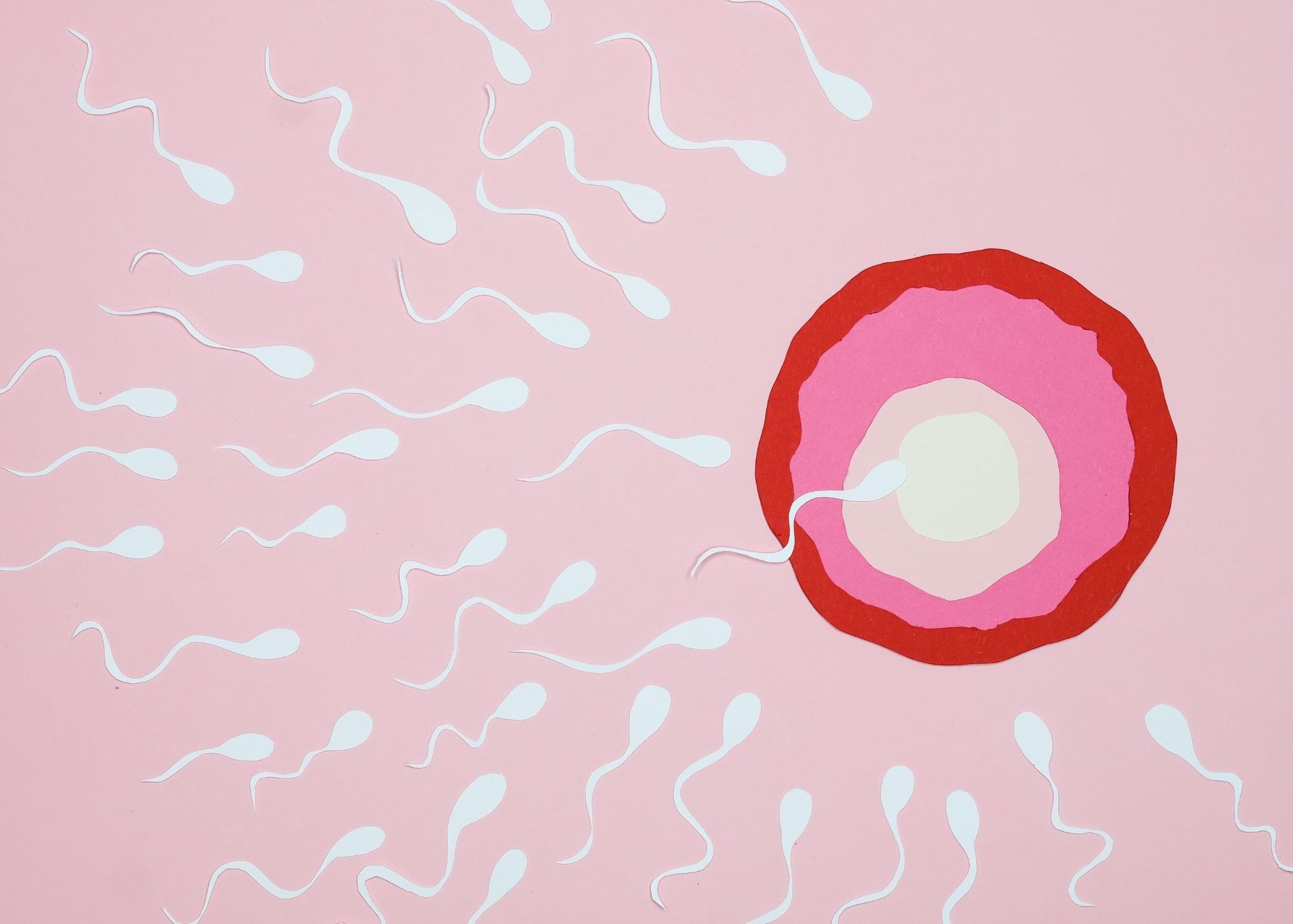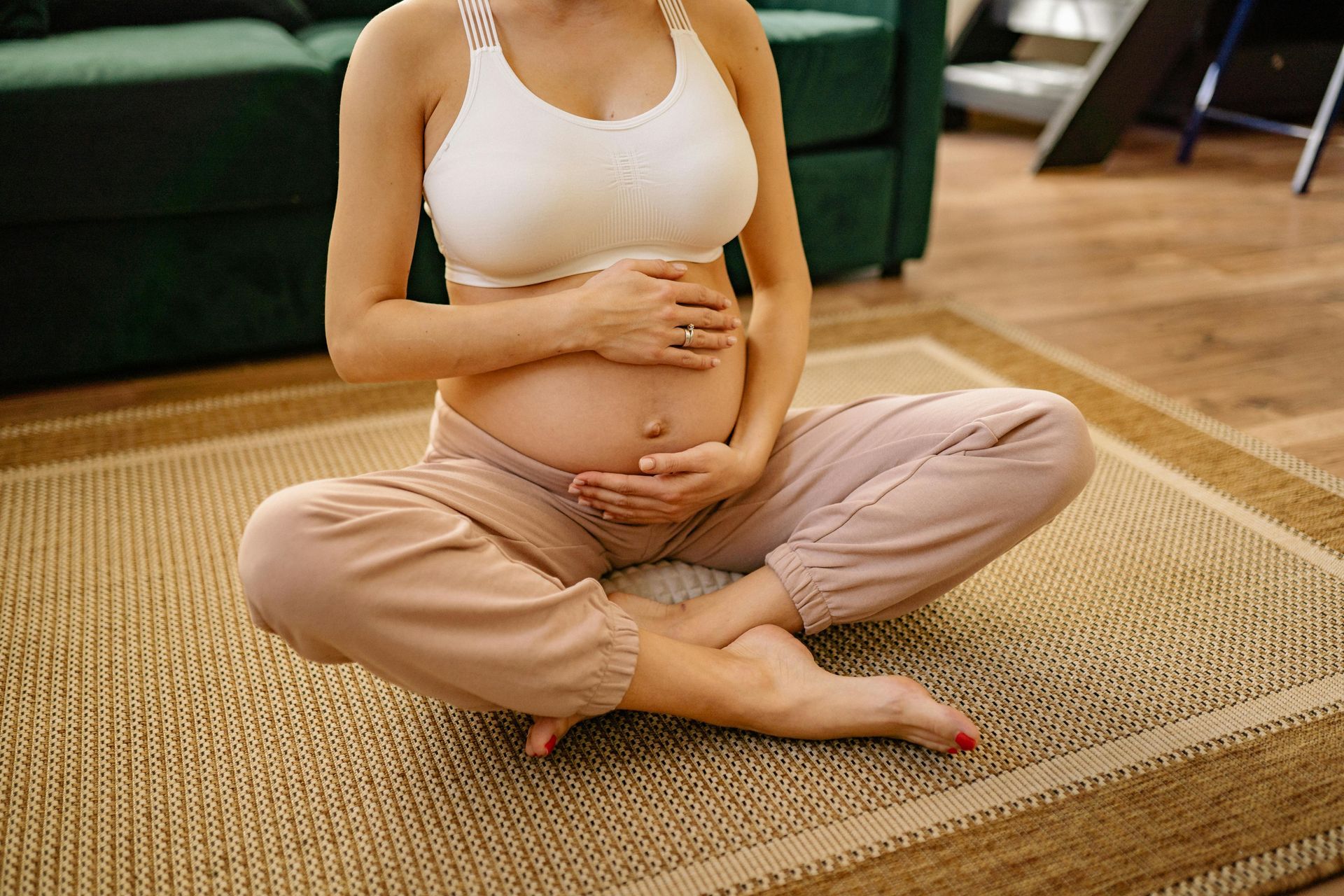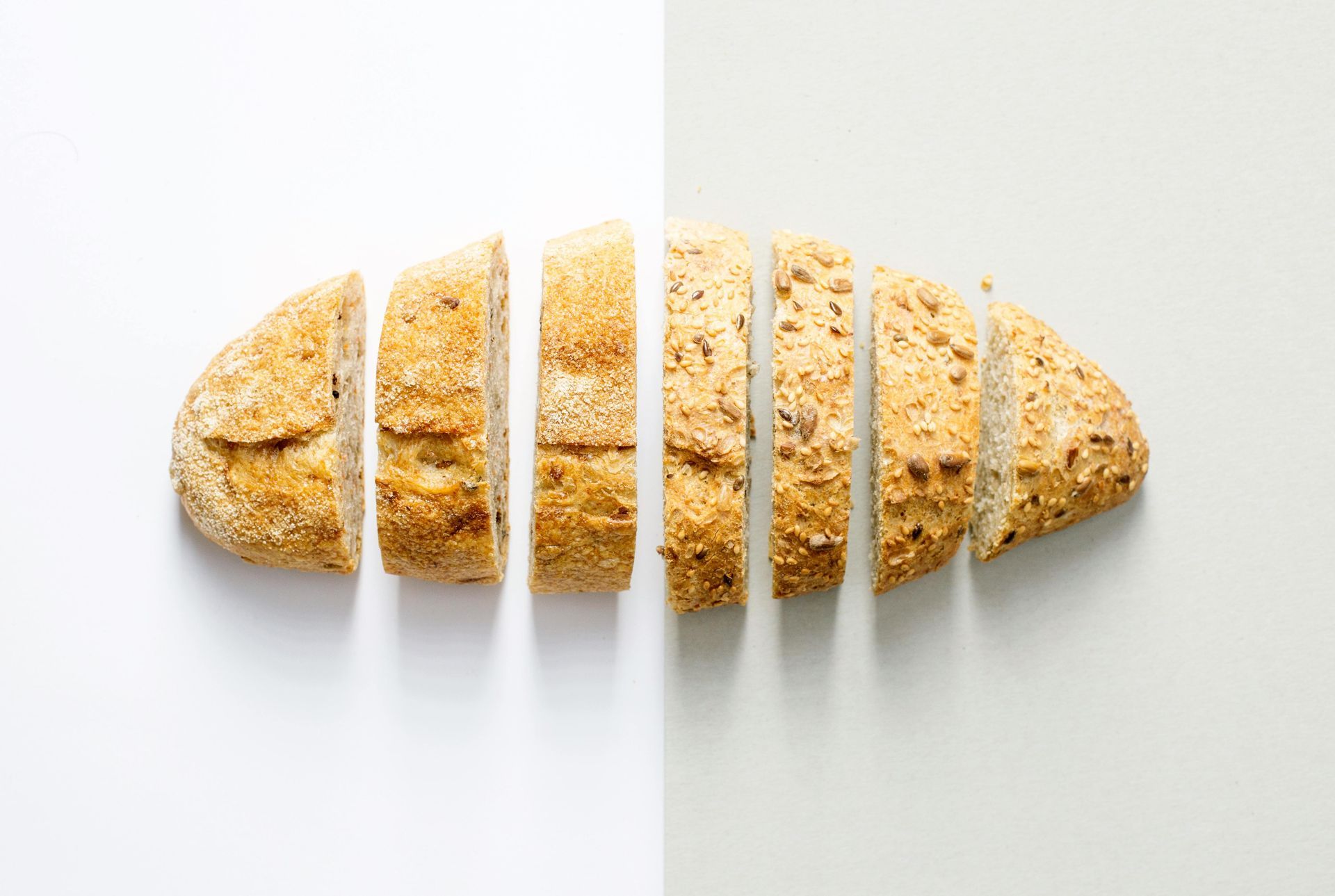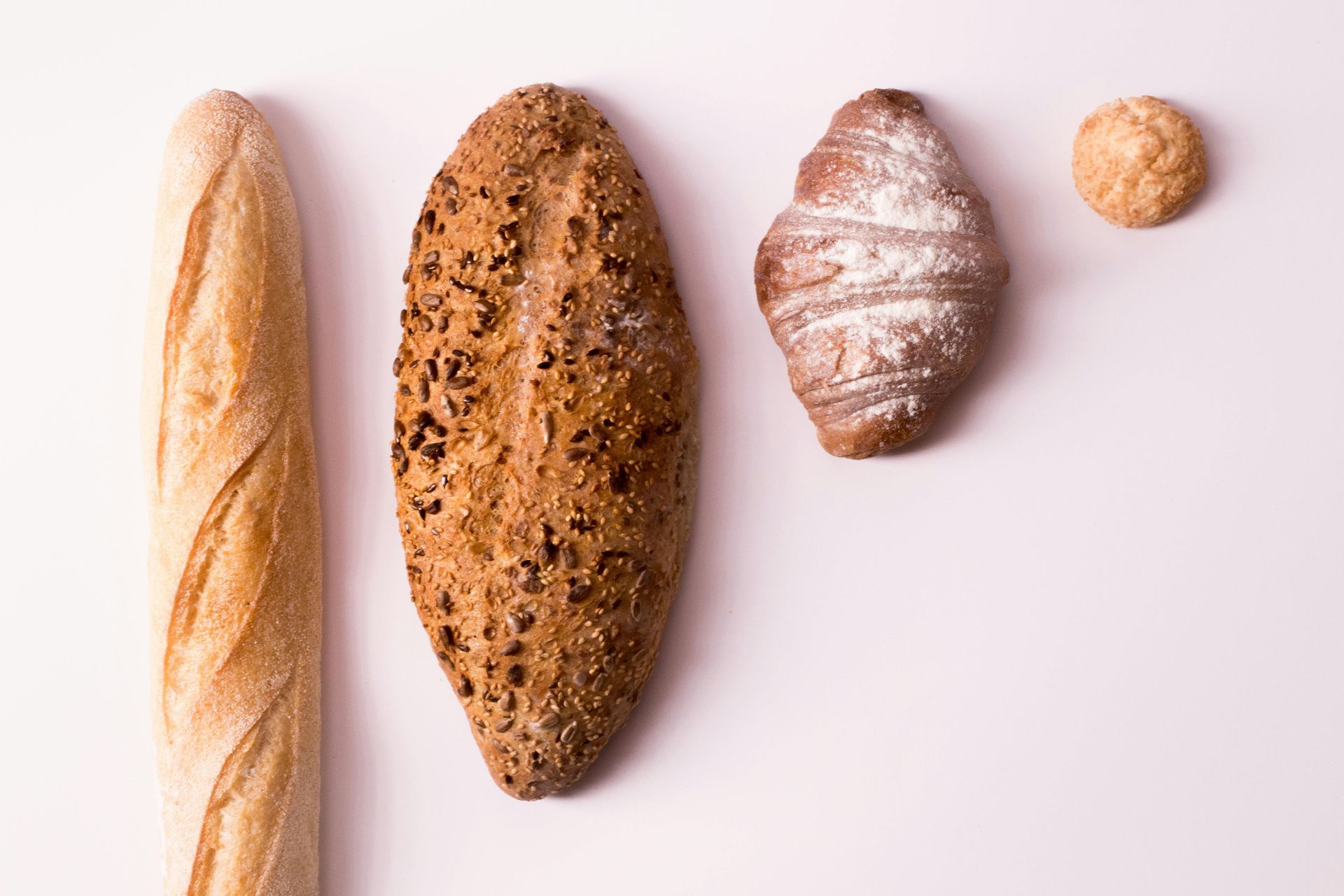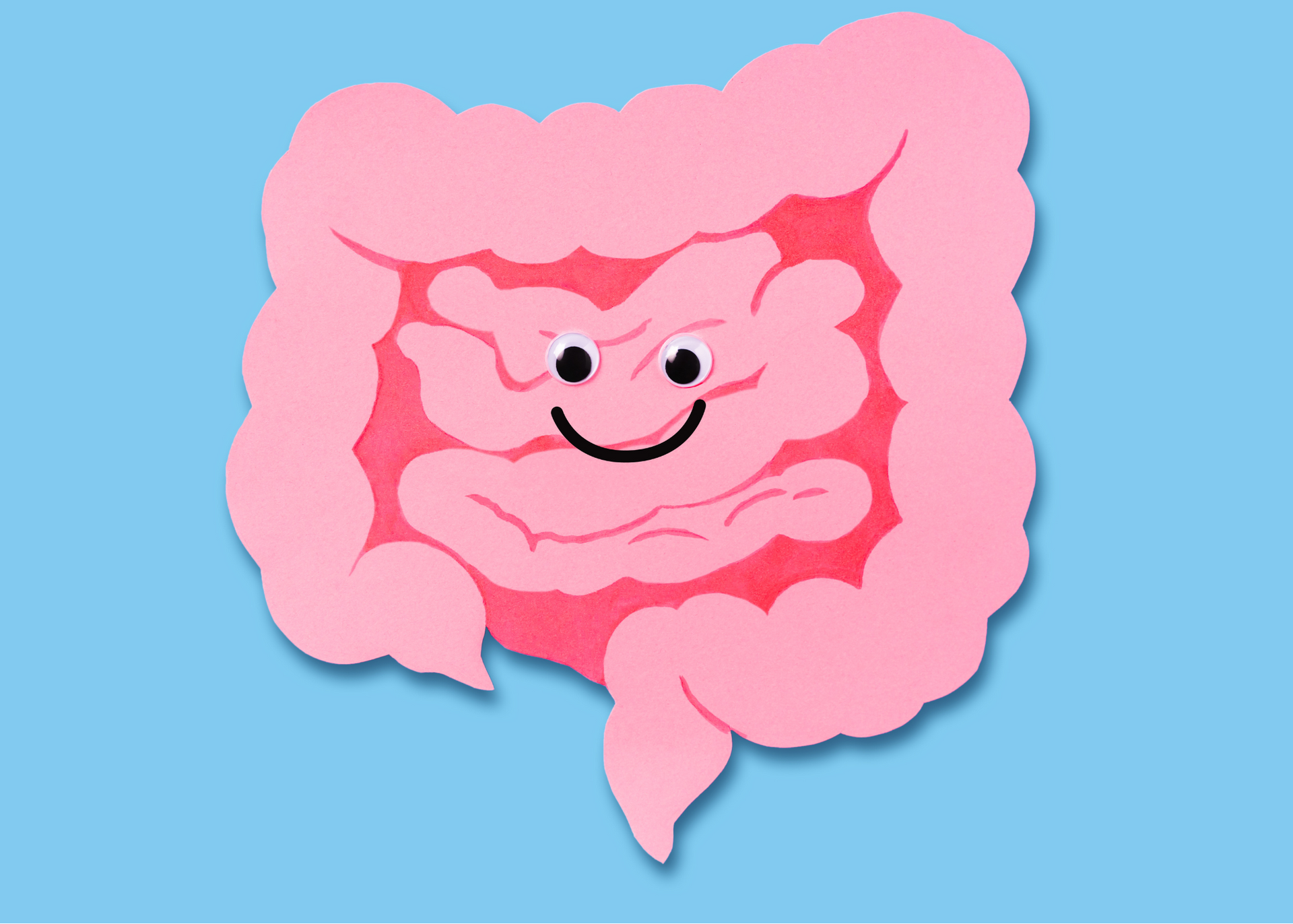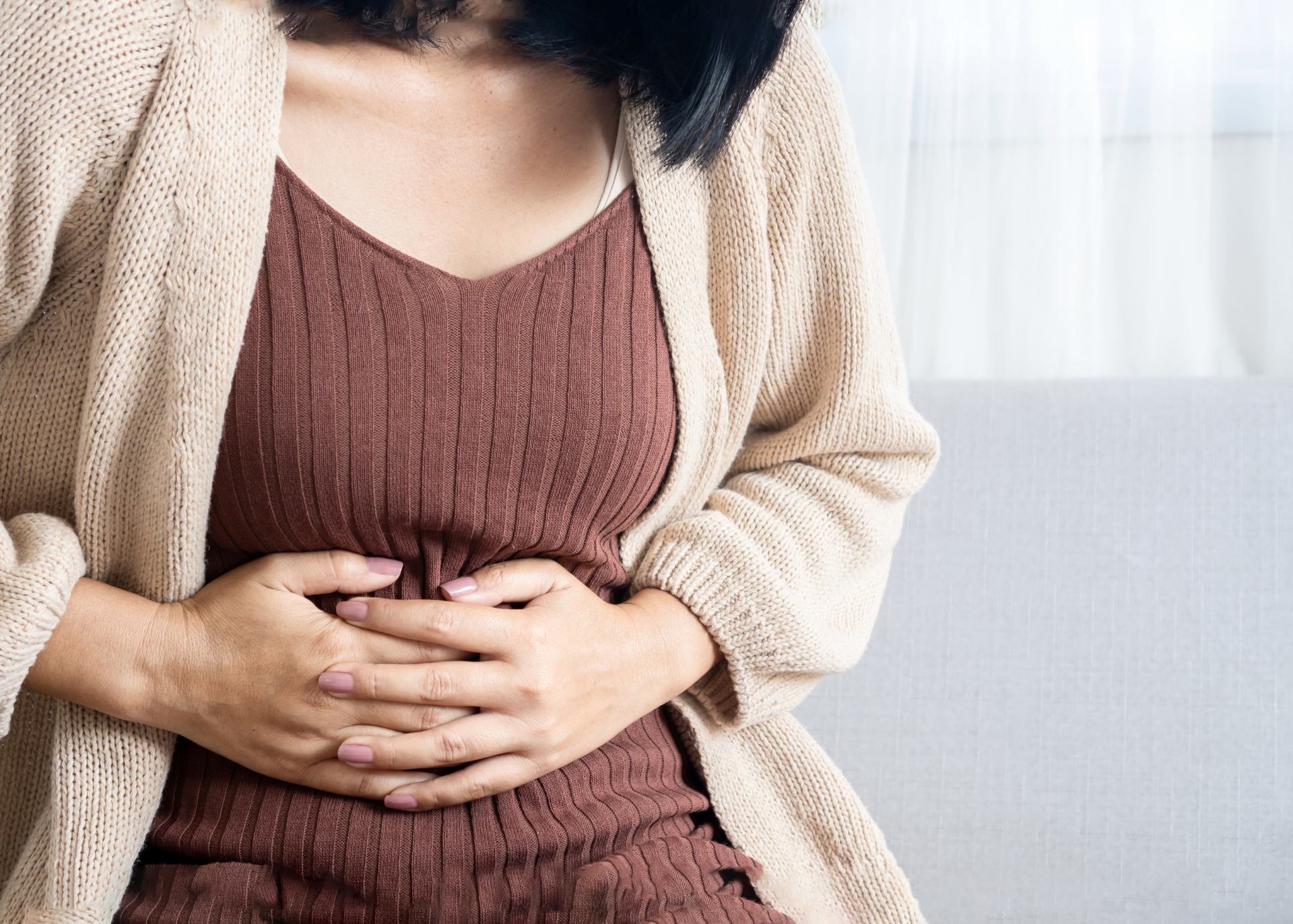The Best Teas to Support Fertility Naturally
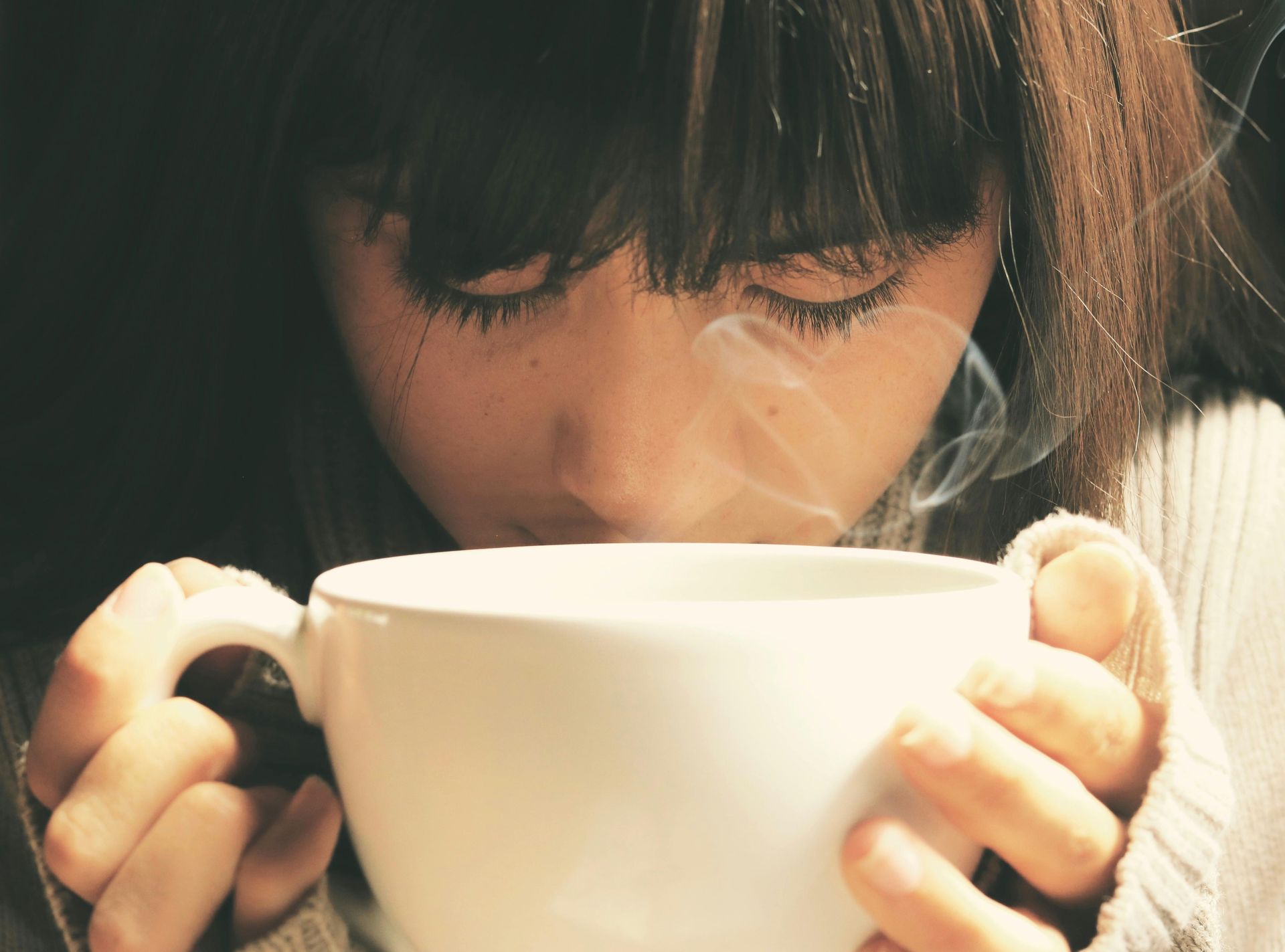
In our virtual functional medicine practice, we use herbal tea as part of a holistic plan to support our clients’ fertility.
There are just four teas I love using for fertility.
Yup, only four.
I was worried this list would feel too small, so I spent hours combing through the research to see if there were other teas we weren’t already using in our practice that could be helpful.
What I found:
- Most fertility tea articles online list 10+ teas but don’t cite research to back them up.
- ChatGPT? Same story - except Chat often references research studies that don’t exist (see AI hallucinations).
- Some herbs benefit fertility in capsule or extract form, but you can’t get enough of the active compounds through tea alone.
While no tea is a miracle cure, my top four teas all contain powerful compounds that are scientifically shown to support fertility.
We’ve seen them make a real impact in our clients’ fertility journeys, and we’ve even used some ourselves on our own hormone balancing journeys.
In this article, you’ll learn:
- The top four fertility-supporting teas (plus one honorable mention)
- The science and research behind each tea
- Safety considerations during pregnancy
- Teas to avoid while trying to conceive
- Key fertility factors that go beyond what’s in your mug
The Best Teas to Support Fertility Naturally
1) Green Tea
Why we love it in practice:
We use green tea regularly with clients who are trying to conceive because it’s one of the simplest ways to support fertility without adding supplements.
Its rich polyphenol content provides potent antioxidant and anti-inflammatory benefits—helping protect egg quality, improve insulin sensitivity, and support healthy ovulation.
Many women in our practice come to us needing to cut back on caffeine but struggle to go completely cold turkey. Green tea is a gentle, hormone-supporting alternative to coffee with about 30 mg of caffeine per 8-oz cup (compared to ~100 mg in coffee).
We especially love matcha for its L-theanine content, a calming amino acid that helps promote relaxation and focus without overstimulation.
Matcha’s combination of L-theanine and caffeine is ideal for supporting energy and a healthy nervous system, which plays a major role in reproductive health.
The research:
Study 1 - Green tea improves oocyte and embryo quality by protecting reproductive cells from oxidative stress and supporting metabolic health essential for fertility.
Study 2 - Moderate tea intake (1-2 cups per day) is linked to a 27% reduced risk of infertility. Just half a cup of tea per day was associated with improved fertility!
Study 3 - Green tea reduces oxidative stress, enhances gamete quality, and supports successful fertilization and embryonic development.
Best for:
- Enhancing antioxidant protection
- Supporting ovarian health and egg quality
- Reducing caffeine consumption while maintaining energy
Pregnancy Safety: Green tea is generally considered safe during pregnancy when consumed in moderation. Keep caffeine intake below 50 mg per day (about 1–2 cups), and always check with your healthcare provider for personalized guidance.
2) Lemon Balm Tea
Why we love it in practice:
Lemon balm is one of our favorite teas to incorporate into fertility support plans.
This gentle herb can help quiet an overactive stress response, ease inflammation, and improve sleep quality—all essential for creating the safe, balanced internal environment your body needs to support conception.
Because chronic stress can disrupt ovulation, hormone production, and egg quality, supporting the nervous system is one of the most overlooked (but powerful) steps in optimizing fertility.
Lemon balm is a simple, evidence-based way to do just that.
Many of our clients notice calmer evenings, better sleep, and reduced tension when they make it part of their routine.
The research:
Study 1 - Lemon balm enhances GABA activity, reducing anxiety and promoting calm.
Study 2 - Demonstrates anti-inflammatory effects that support overall hormonal balance.
Study 3 - Improves sleep quality, which plays a critical role in reproductive success.
Best for:
- Lowering stress and anxiety
- Reducing inflammation
- Supporting deeper, more restorative sleep
Pregnancy Safety:
Current research on lemon balm during pregnancy is limited, but moderate use
may be safe for most people. Consult with your healthcare provider for personalized guidance once pregnant.
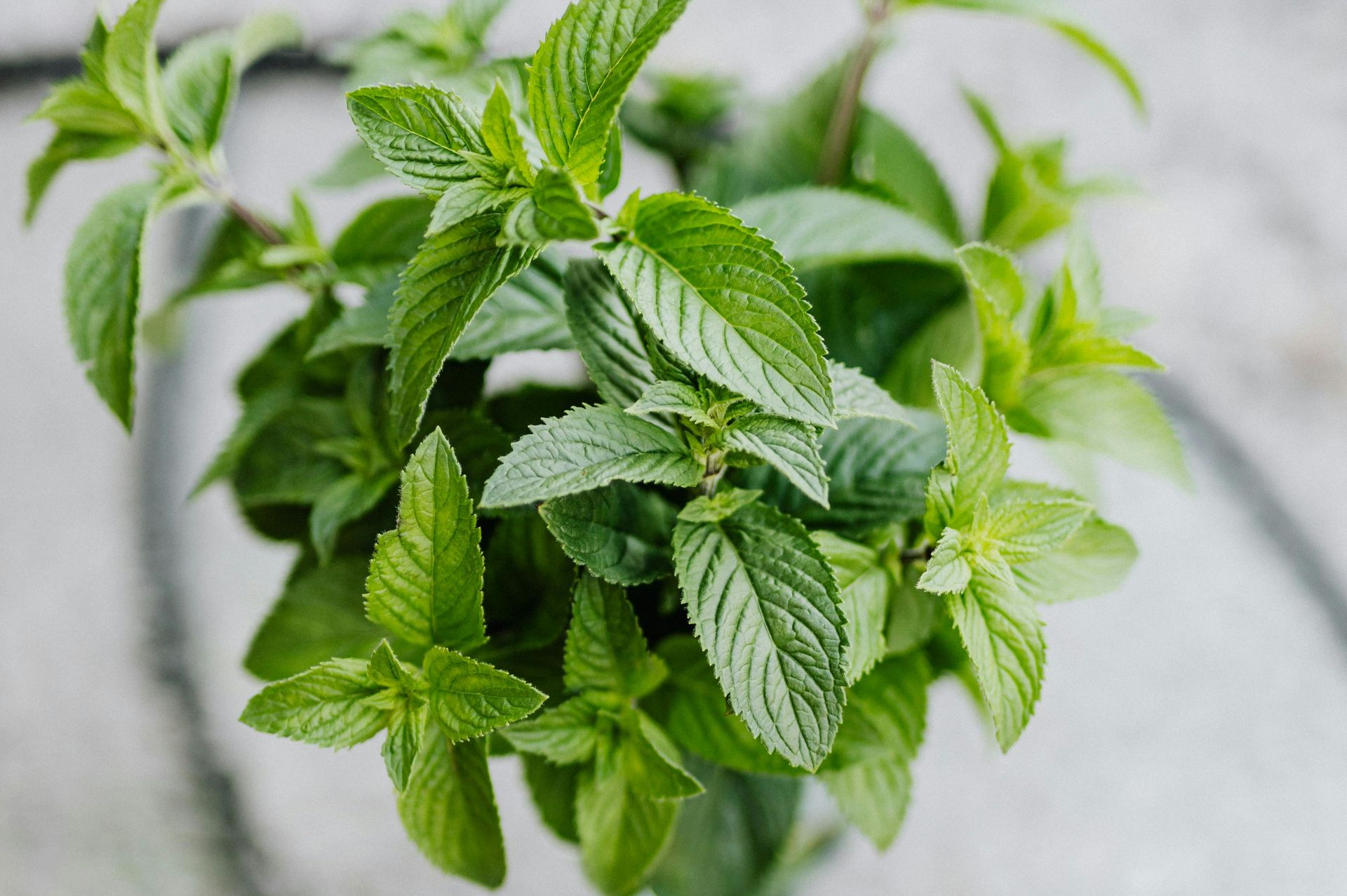
3) Spearmint Tea
Why we love it in practice:
Spearmint tea is one of our favorite tools for women with PCOS or elevated androgens. Its naturally anti-androgenic properties can help lower testosterone, support more regular cycles, and improve hormonal balance over time.
We use spearmint tea as part of a broader protocol focused on blood sugar regulation and ovarian health. It’s a simple daily habit that can complement nutrition, exercise, and stress management strategies for women working to restore ovulation naturally.
Many of our clients notice small but meaningful changes—such as reduced acne, improved cycle regularity, and less unwanted hair growth—after just a few weeks of consistent use.
The research:
Study 1 - Two cups of spearmint tea per day improved free testosterone, FSH and LH levels in women with PCOS in just five days.
Study 2 - A second study showed the same hormone-balancing effects as study 1 after 30 days of use.
Study 3 - In animal models, spearmint extract supported follicular maturation and ovulation in rats with PCOS.
Best for:
- Lowering excess androgens
- Supporting women with PCOS
- Promoting ovulation and cycle regularity
Pregnancy Safety: Spearmint tea has not been well studied for use during pregnancy. While it’s likely safe in small amounts, it may stimulate uterine activity, so it’s best to stop drinking it once you get pregnant.
4) Chamomile Tea
Why we love it in practice:
We often incorporate chamomile tea into fertility support plans to help regulate blood sugar, calm the nervous system, and ease hormonal symptoms like PMS-related anxiety and menstrual pain.
Because blood sugar swings can disrupt ovulation and hormone balance, a calming, anti-inflammatory tea like chamomile can be a powerful addition to daily routines.
Many of our clients enjoy it as an evening ritual to help wind down, improve sleep quality, and reduce stress levels—a key pillar of supporting fertility naturally.
The research:
Study 1 - One cup of chamomile tea three times per day after meals significantly improved blood sugar control in just 8 weeks.
Study 2 - Two cups of chamomile tea per day improved menstrual pain and premenstrual anxiety.
Study 3 - Chamomile extract reduced anxiety by more than 50% in just 8 weeks, reinforcing its calming effects.
Best for:
- Supporting balanced blood sugar
- Reducing anxiety and stress
- Promoting more restorative sleep
Pregnancy Safety: Research on chamomile use during pregnancy is mixed. Because of potential uterine-stimulating effects, we recommend discontinuing chamomile tea once pregnant to be on the safe side.

Honorable Mention - Ginger Tea
Why we sometimes recommend it:
Ginger isn’t quite in the top four, but it deserves an honorable mention.
Ginger has been studied for its ability to support fertility in men by improving
sperm quality, count, motility, and hormone balance through its
antioxidant and anti-inflammatory effects.
For women, research suggests it may help lower inflammation and support blood sugar regulation—both essential for hormonal balance and fertility.
That said, most of these benefits come from higher therapeutic doses (capsule or extract form), not the amounts typically found in a cup of tea.
So while ginger tea won’t likely
move the needle on its own, it can still be a nourishing, warming, and supportive addition to your daily routine when layered into a holistic plan.
Best for:
- Anti-inflammatory support
- Antioxidant protection
- Supporting both male and female fertility
Pregnancy Safety: Ginger tea is considered safe in moderate amounts (up to ~4 cups per day) and can even help
relieve morning sickness and ease nausea during pregnancy. Avoid near term (after 37 weeks) due to its potential effects on bleeding risk.
Tip: Not all matcha is created equal - check out our favorite brand
here (and use code TAYLOR10 for 10% off your order).
Teas to Avoid
While some herbs can support fertility, others may
interfere with hormone balance,
stimulate the uterus, or
disrupt ovarian function—especially in early pregnancy or during the conception window.
Here are teas we recommend avoiding (or using only under professional guidance):
Raspberry Leaf: This is a tea we see recommended frequently as a “reproductive tonic”, but proceed with caution. Raspberry leaf can both stimulate and relax uterine smooth muscle depending on conditions and dosage, making its safety during early pregnancy unclear. Research study -
https://pmc.ncbi.nlm.nih.gov/articles/PMC10383074/
Nettle: Research on miscarriage risk is lacking, but nettle is traditionally considered a uterine stimulant which could lead to miscarriage.
Rooibos:
In vitro research suggests rooibos may suppress ovarian cell response to FSH, potentially disrupting follicle development. Research study -
https://pmc.ncbi.nlm.nih.gov/articles/PMC10226404/
St. John’s Wort: Animal studies suggest this herb could impair ovarian function and reduce ovarian reserve, potentially leading to ovarian failure. Also shown to interact with hormone therapies, potentially lowering the effectiveness of fertility medications. Research study -
https://pmc.ncbi.nlm.nih.gov/articles/PMC6558360/
Black Cohosh and Blue Cohosh:
Linked to ovarian hyperstimulation and risk of uterine stimulation in some reports. Not recommended when trying to conceive. Research study -
https://accp.confex.com/accp/2020am/mediafile/Handout/Paper55181/Chi%20Wai%20(Melissa)%20Fan%20ACCP%20Poster.pdf
Angelica (Dong Quai):
Associated with adverse effects on ovarian function including uterine stimulation, which increases miscarriage risk. Also associated with increased risk of birth defects. Resource -
https://www.webmd.com/vitamins/ai/ingredientmono-936/dong-quai#precautions
Licorice Root: Can alter estrogen and cortisol metabolism, disrupting hormone balance and ovulation. Research studies -
https://pmc.ncbi.nlm.nih.gov/articles/PMC4714869/ and
https://pmc.ncbi.nlm.nih.gov/articles/PMC9782436/
Building a Holistic Fertility Plan
Teas can be supportive tools, but they’re just one piece of the fertility puzzle. To optimize your fertility, you need a holistic plan that supports all aspects of your reproductive system.
In our functional medicine practice, we help women address the root causes that influence fertility.
Teas can play a supportive role, but the foundation comes from daily habits, nutrition, and targeted strategies personalized to your unique needs.
Here are some of the key fertility factors we focus on with clients:
- A nutrient-rich diet that lowers inflammation, stabilizes blood sugars, and provides powerful antioxidants
- Movement that supports hormone production without overstressing the body
- Simple shifts to your mornings and evenings to improve sleep quality
- Getting ~8 hours of restorative sleep per night
- Identifying and addressing nutrient deficiencies through lab testing (because guessing can backfire)
- Reducing exposure to hormone-disrupting chemicals in your environment
- Supporting adrenal function with electrolytes and nervous system care
- Prioritizing meaningful connection, laughter, and play to support emotional health and resilience
Fertility isn’t just about your reproductive system—it’s about creating an internal environment where your body feels safe to conceive.
If you’re ready for more personalized guidance, our virtual functional medicine practice is currently accepting new clients. We’d love to help you build a plan that’s tailored to your body, your goals, and your journey.
🔍
Learn more about our Wellness Blueprint
📞
Book a 20-minute discovery call to find out if it’s a good fit
📍 Plate & Canvas is based in Austin, TX, and 100% virtual — supporting women’s health nationwide.
Continue Reading
